detail profile k c5 8d nishimura
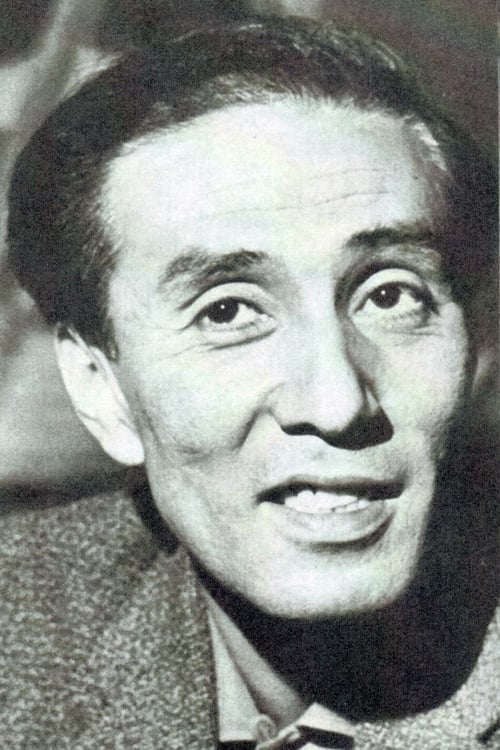
Kō Nishimura
Ko Nishimura
atau dikenal sebagai
Riwayat Hidup
From Wikipedia, the free encyclopedia
Kō Nishimura (西村 晃 Nishimura Kō, 25 January 1923–29 April 1997) was a Japanese actor who appeared in supporting roles in such films as Akira Kurosawa's The Bad Sleep Well and Yojimbo, Kihachi Okamoto's Sword of Doom, Yoshitaro Nomura's Zero Focus, and Kon Ichikawa's The Burmese Harp (where he was credited as Akira Nishimura).
Description above from the Wikipedia article Kō Nishimura, licensed under CC-BY-SA, full list of contributors on Wikipedia.
Info Pribadi
Peran Yang Di Mainkan Kō Nishimura
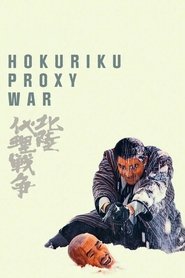 In the setting of the Hokuriku...
In the setting of the Hokuriku...Hokuriku Proxy War 1977
In the setting of the Hokuriku region, where the snow and cold winds rage, for the first time in true-life yakuza film history, director Kinji Fukasaku shows battles among yakuza who value land over tradition. Hiroki Matsukata stars as Noboru Kawada, a Hokuriku yakuza who will use any measure for survival, disregarding parents, brothers, and tradition.
 An adventurous young boy named Jack...
An adventurous young boy named Jack...Jack and the Beanstalk 1974
An adventurous young boy named Jack climbs a giant beanstalk to a magical kingdom governed by a greedy, tyrannical giant.
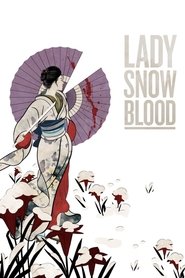 Yukis family is nearly wiped out...
Yukis family is nearly wiped out...Lady Snowblood 1973
Yuki's family is nearly wiped out before she is born due to the machinations of a band of criminals. These criminals kidnap and brutalize her mother but leave her alive. Later her mother ends up in prison with only revenge to keep her alive. She creates an instrument for this revenge by purposefully getting pregnant. Yuki never knows the love of a family but only killing and revenge.
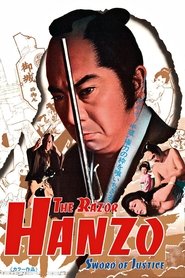 Fearless Edoperiod police inspector Hanzo Itami...
Fearless Edoperiod police inspector Hanzo Itami...Hanzo the Razor: Sword of Justice 1972
Fearless Edo-period police inspector Hanzo Itami, nicknamed The Razor, has developed his own unique way of extracting information for his inquiries. His first adventure sees him investigating his superior officer's mistress, whom he suspects of having ties with a reputed criminal on the loose.
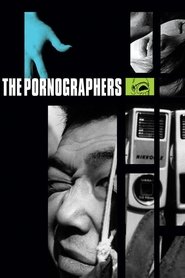 Subu makes pornographic films He sees...
Subu makes pornographic films He sees...The Pornographers 1966
Subu makes pornographic films. He sees nothing wrong with it. They are an aid to a repressed society, and he uses the money to support his landlady, Haru, and her family. From time to time, Haru shares her bed with Subu, though she believes her dead husband, reincarnated as a carp, disapproves. Director Shohei Imamura has always delighted in the kinky exploits of lowlifes, and in this 1966 classic, he finds subversive humor in the bizarre dynamics of Haru, her Oedipal son, and her daughter, the true object of her pornographer-boyfriend’s obsession. Imamura’s comic treatment of such taboos as voyeurism and incest sparked controversy when the film was released, but The Pornographers has outlasted its critics, and now seems frankly ahead of its time.
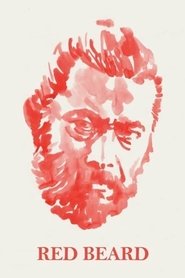 Aspiring to an easy job as...
Aspiring to an easy job as...Red Beard 1965
Aspiring to an easy job as personal physician to a wealthy family, Noboru Yasumoto is disappointed when his first post after medical school takes him to a small country clinic under the gruff doctor Red Beard. Yasumoto rebels in numerous ways, but Red Beard proves a wise and patient teacher. He gradually introduces his student to the unglamorous side of the profession, ultimately assigning him to care for a prostitute rescued from a local brothel.
 A sadistic Daimyo feudal lord rapes...
A sadistic Daimyo feudal lord rapes...13 Assassins 1963
A sadistic Daimyo (feudal lord) rapes a woman and murders both her and her husband, but even when one of his own vassals commits suicide to bring attention to the crime, the matter is quickly hushed up. Not only will there be no punishment, but because the Daimyo is the Shogun's younger brother, he will soon be appointed to a high political position from which he could wreak even more havoc. Convinced that the fate of the Shogunate hangs in the balance, a plot is hatched to assassinate the Daimyo. The two most brilliant strategic minds of their generation find themselves pitted against each other; one is tasked to defend a man he despises, and has a small army at his disposal. The other is given a suicide mission, and has 12 brave men. They are the 13 Assassins.
 In 1976 a drifting star named Gorath...
In 1976 a drifting star named Gorath...Gorath 1962
In 1976, a drifting star named Gorath is discovered to be on a collision course with Earth. Although it is smaller than Earth, its enormous mass is enough to destroy the planet totally. A mission sent to observe Gorath is destroyed after the ship is drawn into the star, with a later mission barely escaping the same fate. However, Astronaut Tatsuma Kanai is left in a catatonic state due to his near death experience. Unable to destroy the invading star, Earth's scientists undertake a desperate plan to build giant rockets at the South Pole to move the planet out of Gorath's path before it is too late.
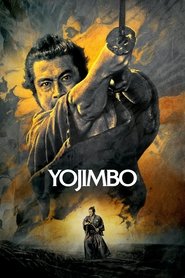 A nameless ronin or samurai with...
A nameless ronin or samurai with...Yojimbo 1961
A nameless ronin, or samurai with no master, enters a small village in feudal Japan where two rival businessmen are struggling for control of the local gambling trade. Taking the name Sanjuro Kuwabatake, the ronin convinces both silk merchant Tazaemon and sake merchant Tokuemon to hire him as a personal bodyguard, then artfully sets in motion a full-scale gang war between the two ambitious and unscrupulous men.
 In this loose adaptation of Hamlet...
In this loose adaptation of Hamlet...The Bad Sleep Well 1960
In this loose adaptation of "Hamlet," illegitimate son Kôichi Nishi climbs to a high position within a Japanese corporation and marries the crippled daughter of company vice president Iwabuchi. At the reception, the wedding cake is a replica of their corporate headquarters, but an aspect of the design reminds the party of the hushed-up death of Nishi's father. It is then that Nishi unleashes his plan to avenge his father's death.
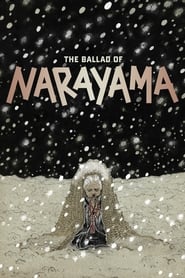 In Kabuki style the film tells...
In Kabuki style the film tells...The Ballad of Narayama 1958
In Kabuki style, the film tells the story of a remote mountain village where the scarcity of food leads to a voluntary but socially-enforced policy in which relatives carry 70-year-old family members up Narayama mountain to die. Granny Orin is approaching 70, content to embrace her fate. Her widowed son Tatsuhei cannot bear losing his mother, even as she arranges his marriage to a widow his age. Her grandson Kesa, who's girlfriend is pregnant, is selfishly happy to see Orin die. Around them, a family of thieves are dealt with severely, and an old man, past 70, whose son has cast him out, scrounges for food. Will Orin's loving and accepting spirit teach and ennoble her family?
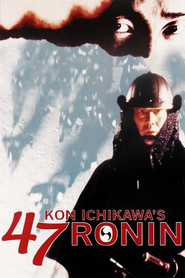 Kon Ichikawas retelling of the classic...
Kon Ichikawas retelling of the classic... The reincarnation of a 10th century...
The reincarnation of a 10th century...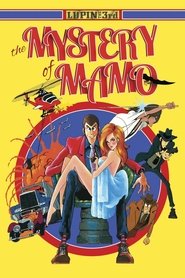 While attempting to win the affections...
While attempting to win the affections...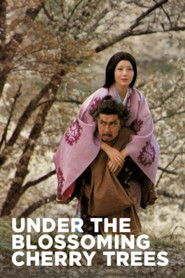 A mountain man beheads his many...
A mountain man beheads his many...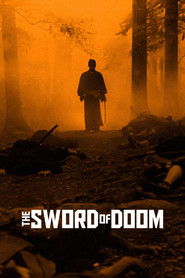 Ryunosuke a gifted swordsman plying his...
Ryunosuke a gifted swordsman plying his...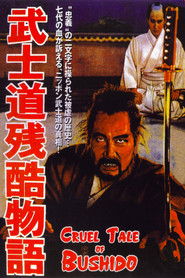 After a salarymans fiance attempts suicide...
After a salarymans fiance attempts suicide...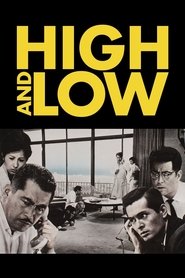 In the midst of an attempt...
In the midst of an attempt...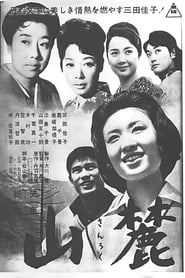 A story about the lives of...
A story about the lives of... In Burma during the closing days...
In Burma during the closing days...